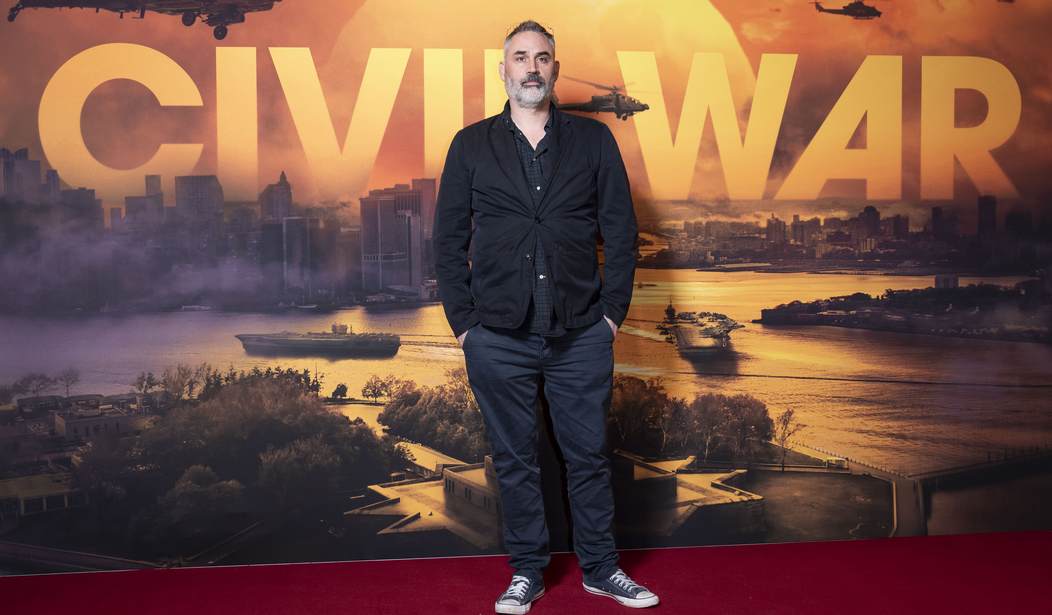It's been a long time since the release of a political film excited me enough that I actually wanted to see it in a theater rather than wait for its appearance on HBO or Starz.
The last time I was moved to attend a political film in the theater was 1976's "Network." As a populist fable, "Network" scored with its combination of the comic genius of Paddy Chayefsky and brilliant acting by some of the film industry's biggest stars.
Now comes Alex Garland's "Civil War," in which both sides of the political divide will see what they want to see: MAGA or Antifa hell where the rules have been discarded.
But the story is actually compelling. It follows the work of four reporters who move through a familiar American landscape with unfamiliar caution and trepidation because no one likes journalists very much.
The reporters care more about getting a scoop than explaining what's happening.
As it turns out, "Civil War" is mainly something else: a thought experiment about journalistic ethics, set in a future United States, yet reminiscent of classic movies about Western journalists covering the collapse of foreign countries, such as "The Year of Living Dangerously," "Salvador," "Under Fire," and "Welcome to Sarajevo."
How utterly bizarre, you might think. And in the abstract, it is bizarre. But "Civil War" is a furiously convincing and disturbing thing when you're watching it. It's a great movie that has its own life force. It's not like anything Garland has made. It's not like anything anyone has made, even though it contains echoes of dozens of other films (and novels) that appear to have fed the filmmaker's imagination.
Is this an alternative future history of the U.S.? Gartland, who's English and whose work has included "Ex Machina" and "28 Days Later," has a subtle eye and a quirky sense of drama. He never answers the question of how the war began or who the "good guys" are. The film opens with a news announcer saying that 19 states have seceded including Texas and California, which have formed themselves into the "WA|" or Western Alliance.
Yes, Texas and California are on the same side. As I mentioned, don't apply your own personal political views to this film. If you do, you'll miss the point. The film uses the "Civil War" as a backdrop to explain and expand on journalistic ethics.
Specifically, and most originally, "Civil War" is a portrait of the mentality of pure reporters, the types of people who are less interested in explaining what things "mean" (in the manner of an editorial writer or "pundit") than in getting the scoop before the competition, by any means necessary. Whether the scoop takes the form of a written story, a TV news segment, or a still photo that wins a Pulitzer, the quest for the scoop is an end unto itself, and it's bound up with the massive dopamine hit that that comes from putting oneself in harm's way. The kinds of obsessive war correspondents who rarely come back to their own countries don't care about the real-world impact of the political realities encoded within the epic violence they chronicle, or else compartmentalize it to stay focused.
The cast is made up mostly of B-list actors, with some familiar character actors. Reviews so far have been mixed largely because of frustration with Garland's refusal to take a side or give much context to the fighting of the war.
You should be forewarned that the violence has been described as "stomach-churning." That will probably keep the film from achieving blockbuster status.










Join the conversation as a VIP Member